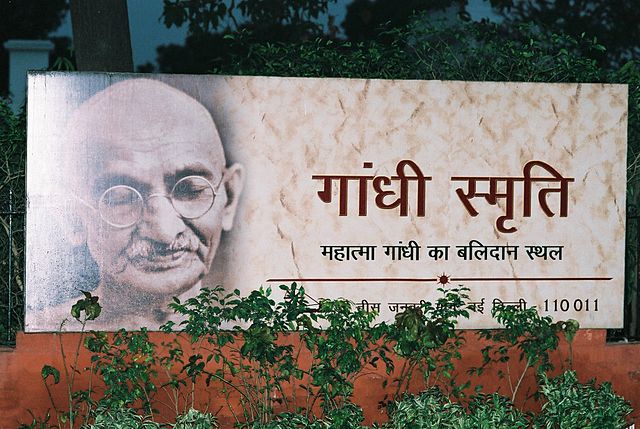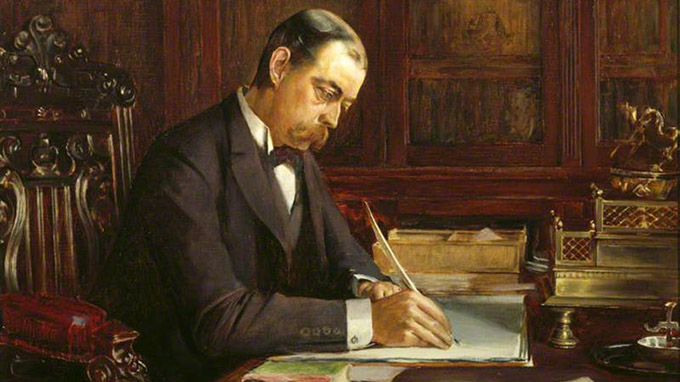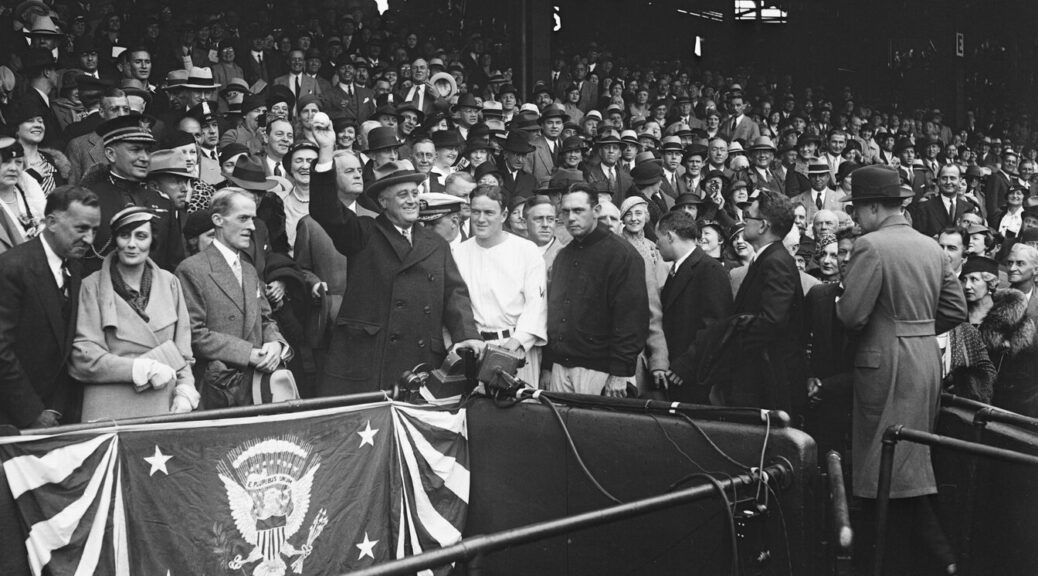



Concluded from Part 2…
Staniel Cay is an active stopover for sailing yachts with an affable yacht club for lunch. We spent an hour meandering its winding lanes and admiring the colorful cottages. On the way back we stopped at Compass Cay to “swim with the sharks”—big, friendly nurse sharks which behave like aquatic dogs, nosing up to a water-level dock to be fed bits of conch and allowing their sandpaper backs to be scratched.
These nurses are quite different from your image from “Jaws” (and as veteran Bahamian divers know, we have nothing that threatening in local waters anyway).…
Once reached, the gemstone islets of Exuma invite you to meander at a deliberate pace in placid, gin-clear waters. There were sailboats and cruising lots galore along the islets, and you can see why. Sailing from one to another, dropping anchor by whim or fancy, is an experience that will wash the world away.
Every islet is different and has its own attractions. At Warderick Wells Cay is the Exuma Cays National Land and Sea Park—a good first stop after crossing over from Eleuthera. A marine fishery and native plant preserve, it occupies 176 acres.…
EXUMA, BAHAMAS, FEBRUARY 5TH— Getting from our home island of Eleuthera to other Bahamian Family islands is complicated, usually requiring air travel via Nassau. But the nearest of the Exuma Cays is only about 40 miles from Cape Eleuthera, or 65 miles from Governor’s Harbour, and you can do that in under two hours in a fast boat. So off we went from Cupid’s Cay aboard Capt. Paul Petty’s immaculate Marlin 35 skiff, Martinis & Bikinis.
The date was our anniversary, so it couldn’t have been better timed. Paul and his affable mate Dwayne had six passengers, including three residents of Rainbow Bay and three Canadian ladies, one of whom organized the expedition.…
Part 3: Pleasing No One …continued from Part 2
Churchill was correct when he said his writings about Hitler satisfied neither Hitler’s defenders nor Hitler’s critics. One of the former was Lord Londonderry, a pro-Hitler peer who complained that Churchill’s Evening Standard piece would prevent a decent understanding with Germany. On 23 October 1937, Churchill replied to Lord Londonderry (Gilbert, Churchill: A Life, 581):
You cannot expect English people to be attracted by the brutal intolerances of Nazidom, though these may fade with time. On the other hand, we all wish to live on friendly terms with Germany.…
Part 2: “Friendship with Germany” ,,,continued from Part 1
Churchill’s critics sometimes quote sentences which they think came from his original Hitler article or Great Contemporaries, among which this is the most common:
One may dislike Hitler’s system and yet admire his patriotic achievement. If our country were defeated, I hope we should find a champion as indomitable to restore our courage and lead us back to our place among the nations.
In fact this passage is from Churchill’s article in the Evening Standard, 17 September 1937: “Friendship with Germany” (Cohen C548), subsequently reprinted in Churchill’s book of foreign affairs essays, Step by Step (London: Thornton Butterworth, 1939, Cohen A111).…
Part 1: “Government by Dictators”
The Hitler chapter in Churchill’s book Great Contemporaries, like the rest of the volume, was derived from a previous article. In this case the original was “The Truth about Hitler,” in The Strand Magazine of November 1935 (Cohen C481). Ronald Cohen notes in his Bibliography that Strand editor Reeves Shaw, who paid WSC £250 for the article, wanted Churchill to make it “as outspoken as you possibly can…absolutely frank in your judgment of [Hitler’s] methods.” It was.
Two years later, when Churchill was preparing his Hitler essay for Great Contemporaries, he characteristically submitted it to the Foreign Office, which asked that he tone it down.…
The Weider History Group replied to a query. “Did Churchill allow Coventry to be burned to protect his secret intelligence?” Their answer was somewhat equivocal:
There certainly have been a variety of different accounts, even supposedly by eyewitnesses, that contradict each other as to how much Winston Churchill had learned from the Boniface (later Ultra) decoders as to the main target for the German “Moonlight Sonata” air raid on the Midlands in November 1940, and when did he ascertain it. Whether he mistook it for a feint, with London the actual target, of whether he knew of Coventry and left it to its fate rather than compromise Britain’s ability to crack the German Enigma codes seems to depend on one’s feelings toward Churchill.……
